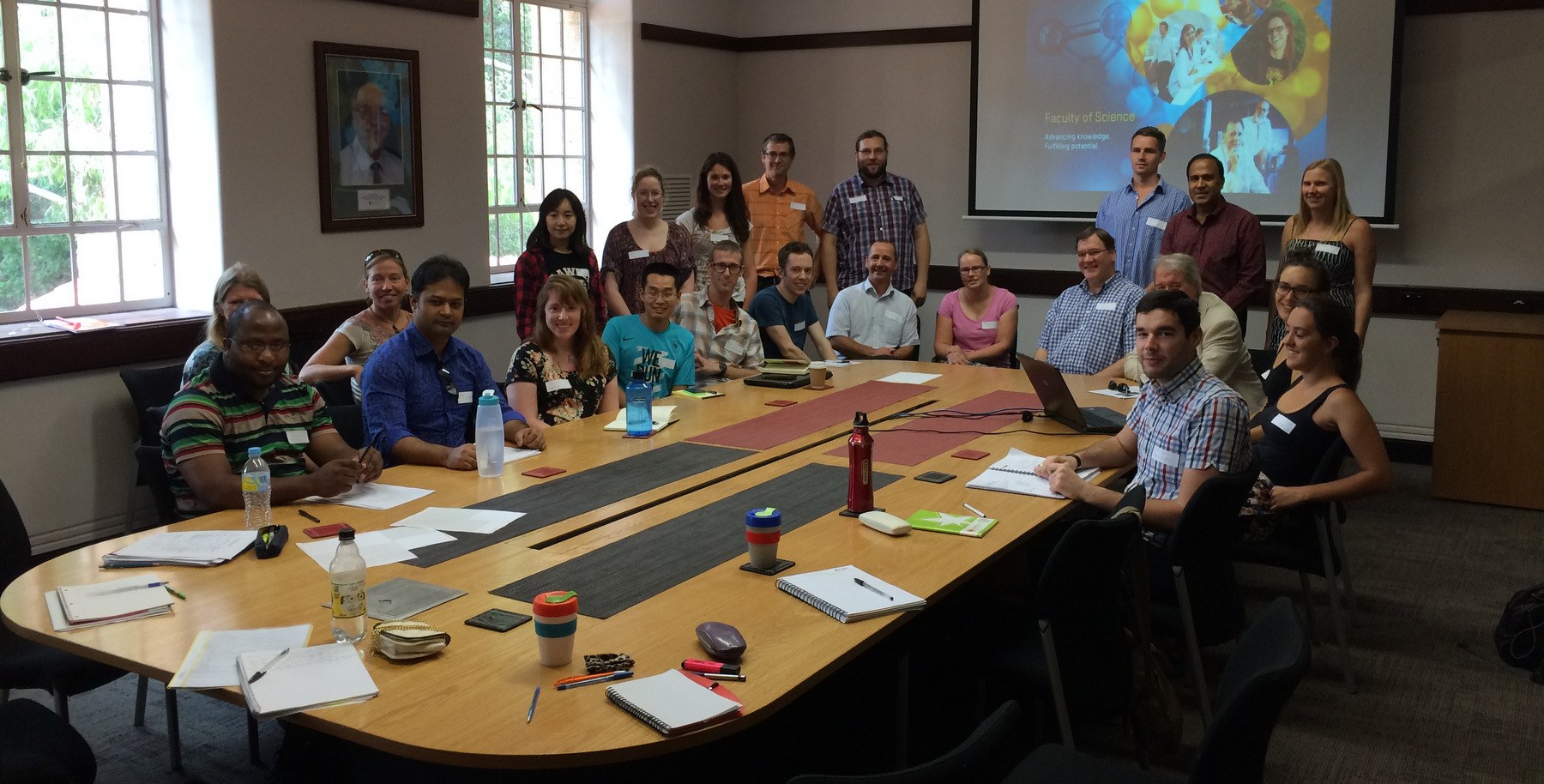
Students from around the Worldwide Universities Network (WUN) gathered in Perth on Friday for the start of the Inaugural WUN Summer School at the University of Western Australia. The 20 students, representing seven countries and nine WUN universities, will spend the next two weeks sharing their global perspectives on responses to climate change.
The graduate students from a wide range of scientific disciplines will contribute their diverse disciplinary expertise and understanding as developed within their different national contexts to address landscape-soil-related climate change issues that are fundamental to the future of the world. In addition to a scientific workshop the students will get their hands dirty in the field at the UWA Future Farmand an intensive writing retreat where they will hone their academic writing skills.
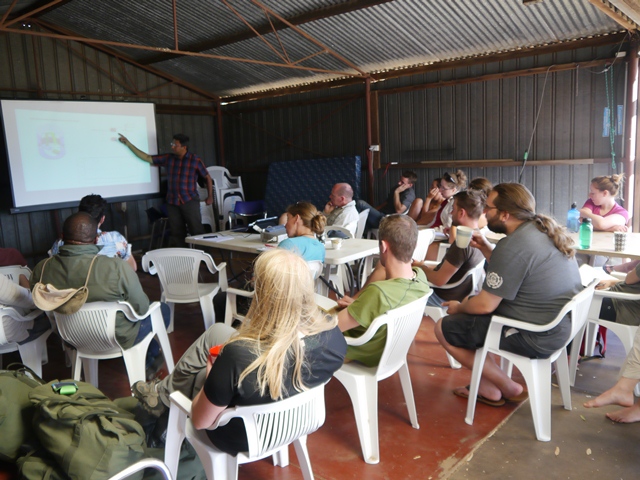
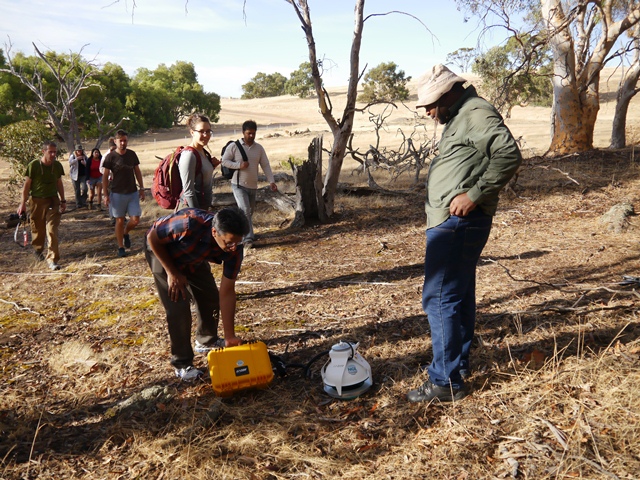
The location could not be more appropriate. The south-west of Western Australia is a recognised global biodiversity hotspot and the only one located on the Australian continent. It is home to the Australian node of the WUN Critical Zones Observatory. This part of Australia has undergone significant climate change since the 1960s with an average increase in temperature of 0.60C and an associated 25-30% reduction in rainfall. The region is characterised by a variety of land uses including broad acre farming, forestry, livestock and mining. The matrix of a global biodiversity hotspot, measurable climate change and the range of land-uses makes the summer school location an interesting place to study adaptation to climate change.
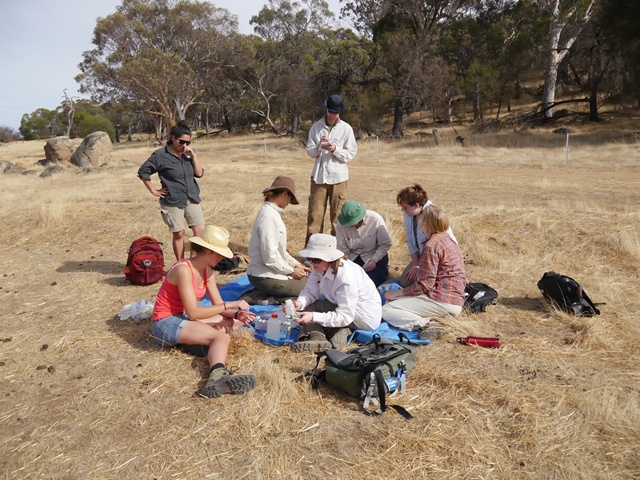
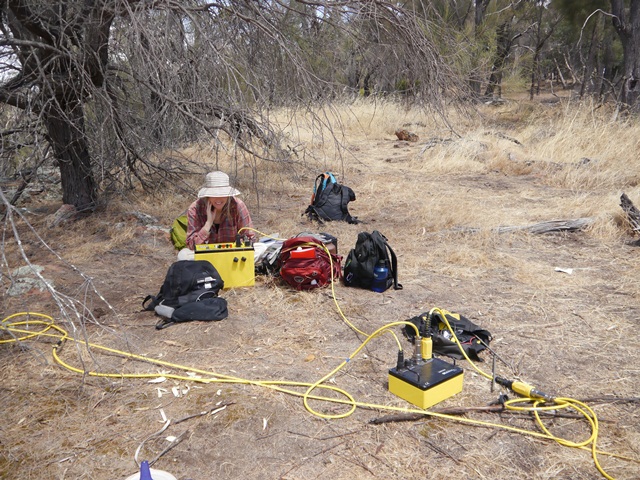
Convenor of the WUN Summer School, Associate Professor Matthias Leopold said “these students have been identified by their universities as future leaders in their field. This experience will further enhance not only their academic abilities but equip them with valuable networking and leadership skills”.
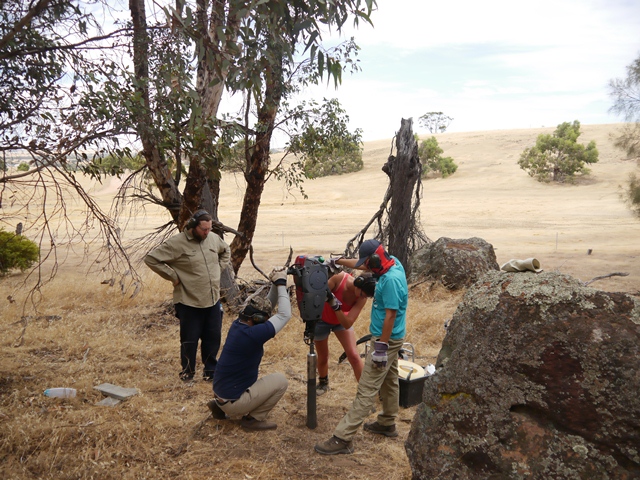
Professor John Hearn, Executive Director of the Worldwide Universities Network opened the summer school and said “as WUN expands its commitment to creating valuable opportunities for early career researchers I am encouraged to see the talent attending this summer school. These bright minds represent the future generation of academic leaders and WUN is proud to support their development”.
In addition to the students representing WUN institutions, five graduate students from the USA are attending the summer school on scholarships provided by the US National Science Foundation.